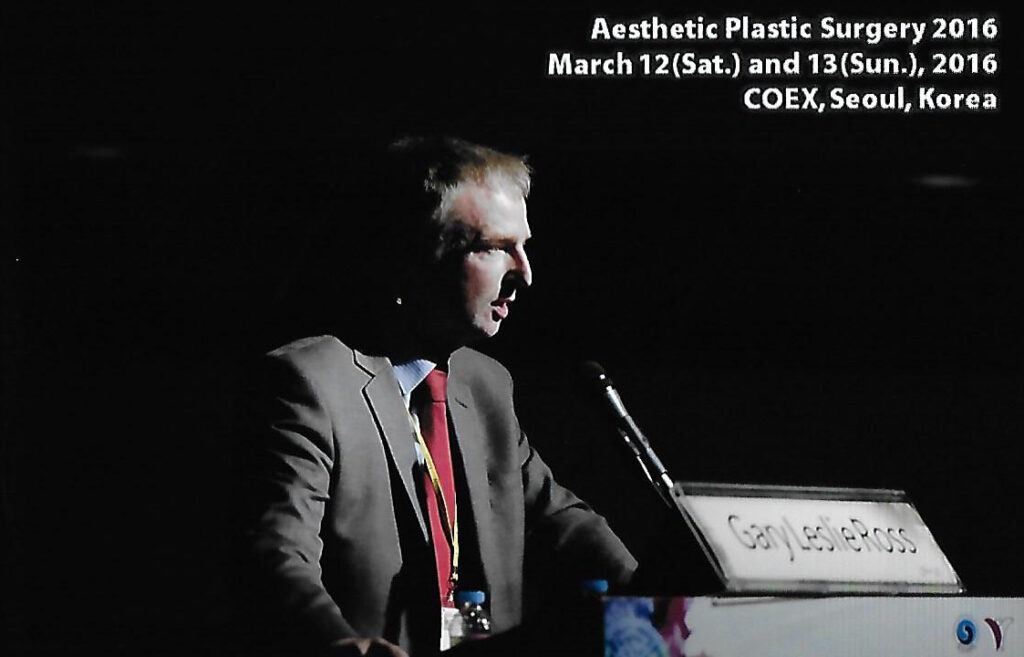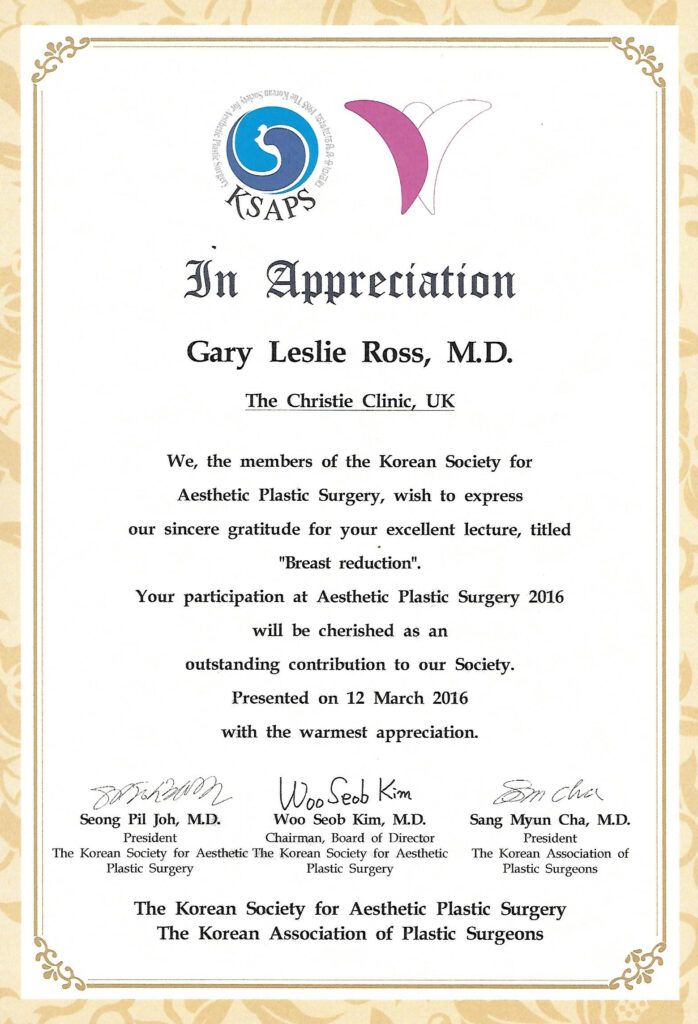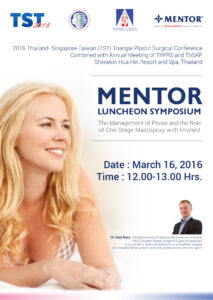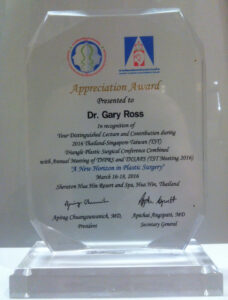Doctors who carry out cosmetic procedures anywhere in the UK are being issued with new guidance by the General Medical Council (GMC) and the Royal College of Surgeons (RCS) to ensure the best possible care for patients.
Following the review of the cosmetic industry in England by Professor Sir Bruce Keogh which showed the need for greater protection of patients the guidance makes clear the ethical obligations doctors have towards patients and the standards of care they need to provide.
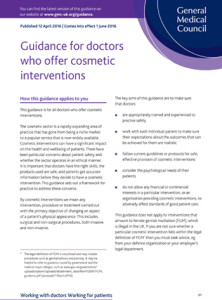
The key points of the GMC guidance focus on the protection of vulnerable patients
- Advertise and market services responsibly
- Give patients time for reflection
- The doctor must consult and consent patient’s themselves
- Provide continuity of care including documented aftercare arrangements.
- Support patient safety
Professor Terence Stephenson, Chair of the GMC, said:
‘Cosmetic interventions should not be entered into lightly or without serious considerations. Above all, patients considering whether to have such a procedure need honest and straightforward advice which allows them to understand the risks as well as the possible benefits.
‘It is a challenging area of medicine which deals with patients who can be extremely vulnerable. Most doctors who practise in this area do so to a high standard but we do sometimes come across poor practice, and it is important that patients are protected from this and that doctors understand what is expected from them.
‘Our new guidance is designed to help drive up standards in the cosmetic industry and make sure all patients, and especially those who are most vulnerable, are given the care, treatment and support they need.’
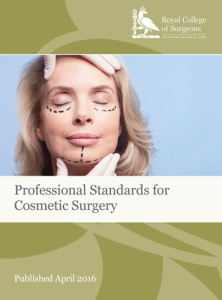
The Royal College of Surgeons (RCS) has also published its own set of professional standards, specifically for cosmetic surgery, which will supplement the GMC’s guidance. The key points of this guidance are:-
- Surgeons performing cosmetic surgery should be certified in the area in which they practise.
- The operating surgeon should lead the consultation with the patient to outline the risks of the procedure, likely outcome and to provide the information that will help them decide whether or not to undergo surgery. The operating surgeon must also obtain written consent from a patient themselves – and not delegate it to a colleague.
- Patients should be offered a cooling off period of at least two weeks before they consent to an operation to give them time to reflect on a decision.
- Surgeons must make sure they have appropriate indemnity insurance to cover the procedures they are undertaking.
- Surgeons should refrain from using financial inducements such as time-limited offers and discounts.
Stephen Cannon, Vice President of the RCS and Chair of the Cosmetic Surgery Interspecialty Committee, said:
‘Our professional standards for cosmetic surgery, coupled with the GMC’s new guidance, will raise the bar and make absolutely clear what we expect of all surgeons working in the private sector.
‘The message to surgeons and doctors working in the cosmetic surgery industry is simple: if you are not working to the surgical standards we have set out today, you should not be treating patients at all. We, and regulators including the GMC, will do everything in our powers to protect patients and to stop unscrupulous individuals from practising.’
The RCS will launch a new certification scheme later this year, allowing patients to more easily search for a surgeon who has the necessary skills and experience to perform the procedure they are considering.
Details of all UK doctors, including any specialisms they have, are published on the GMC’s online List of Registered Medical Practitioners.
In addition, the GMC and RCS are currently developing a guide for patients considering cosmetic procedures, which will give advice and information on things to consider and the questions they should ask their doctor.
Full details of the GMC’s new guidance for doctors carrying out cosmetic procedures is available at www.gmc-uk.org/cosmetic and the RCS guidance on https://www.rcseng.ac.uk/news/rcs-calls-for-new-law-to-protect-patients-undergoing-cosmetic-surgery-as-it-publishes-professional-standards#.Vwyt_WPfCkg



